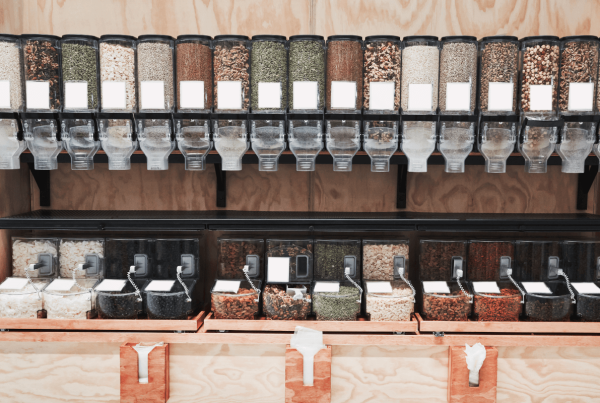Do you need your cup o’ Joe every morning? Do you feel more cognitively sharp and energized after your daily coffee? Then read on, you’ll surely be interested in the long-term effects of caffeine.
Cognitive boost
Coffee has an immediate stimulating effect due to its caffeine content. It acts on the brain (blocks adenosine receptors to be precise), effectively reducing the perception of fatigue and promoting fluidity in nerve transmission. As a result, it temporarily improves reactivity, alertness, information processing speed, and memory. It’s like giving your cognitive functions a gentle boost.
Are you one of those people who NEED coffee first thing in the morning? The “don’t-talk-to-me-before-I’ve-had-my-coffee” kind? If your mood improves as soon as the hot liquid touches your lips, you can thank the dopamine for that. Caffeine stimulates the production of this ‘pleasure neurotransmitter’ in the brain.
The downside
Coffee isn’t perfect, and it doesn’t have the same effect on everyone. People who are hypersensitive to caffeine will experience a racing heart and may even feel nauseated, which certainly does nothing to improve mood or productivity! In most people, high doses can cause side effects such as anxiety, irritability, digestive problems, and insomnia. Excess caffeine can also interfere with the absorption of essential minerals like calcium, iron, magnesium, and B vitamins. Moderation is therefore key to enjoying the benefits without compromising well-being.
A possible shield against cognitive decline
Imagine if we discovered that drinking coffee every morning for years, even decades, could help prevent cognitive decline? Good news for coffee lovers: Scientific studies point to such positive long-term effects.
But caution is the name of the game in science, so we need to be very careful before asserting that coffee has a protective effect on age‑related cognitive decline. Although the results of several studies suggest that regular coffee consumption may be associated with slower cognitive decline, it’s important to stress that research in this area is complex and that other factors can influence these findings.
In the specific case of Alzheimer’s disease, some (but not all) studies suggest a potential link between caffeine intake and reduced risk. However, these results must be interpreted with caution, since the prevention of Alzheimer’s disease is multifactorial, and caffeine is only one of several elements at play.
Where do tea and chocolate fit in?
Tea and chocolate (especially dark chocolate) also contain caffeine, albeit in lower concentrations than in coffee. So, keep them in mind, whether you’re looking for a little pick‑me‑up or trying to figure out what’s keeping you up at night!
Like coffee, chocolate and tea are also the subject of scientific studies. Some have found that the consumption of chocolate or tea has a positive impact on memory, particularly visuospatial memory, which is the capacity to retain visual and spatial information, i.e., finding your way around. Both caffeine and flavonoids—the natural molecules with antioxidant properties found in chocolate and tea—are thought to play a role.
Balance, care, and pleasure
While caffeine offers potential short-term benefits and is attracting interest as a possible long‑term protector, we must be realistic. Caffeine sensitivity varies greatly among individuals, and consuming too much can have undesirable effects.
There is ongoing research on caffeine and the brain, including through major clinical trials. The future will likely provide more precise answers. In the meantime, let’s enjoy our coffee, tea, or chocolate without getting caught up in all the promises.








